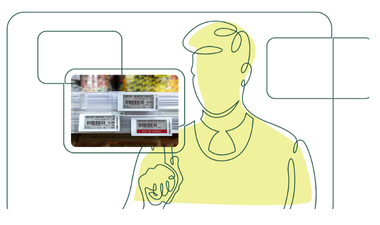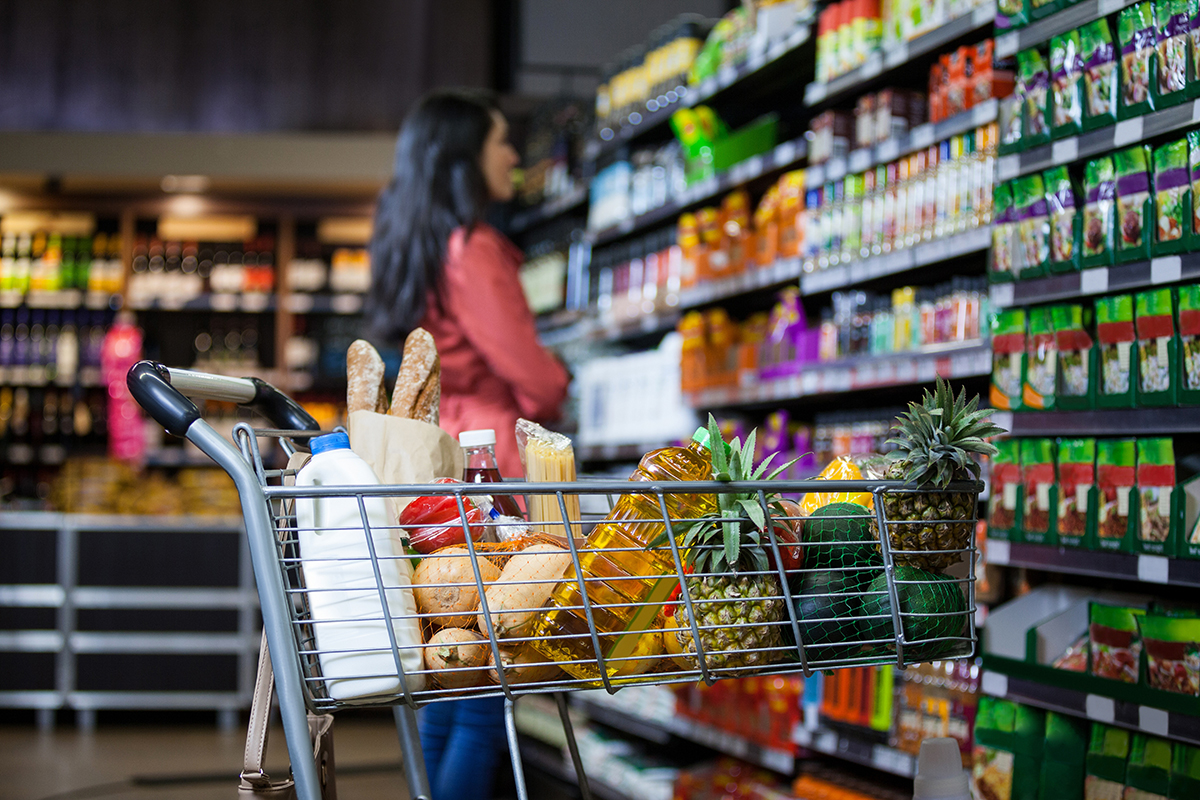By: Cynthia Brazzel, Senior Director, Member Relations and Advocacy (Western Region), FMI

The FMI Supplier Diversity Committee met in person to exchange insights and initiatives each is using to develop their relationships with diverse suppliers and bring a broader range of products to their customers.
The Setting
KeHE Distributors served as our host and provided the Colorado fresh air and inspiration at their Innovation Center in Boulder, epicenter of the natural foods community where many food innovations are created and incubated. What better environment for this group to gather and offer direction, encouragement, and guidance to diverse suppliers? Diverse suppliers include women-owned, veteran-owned, minority-owned, LGBTQ-owned, persons with disabilities-owned, and veterans with disabilities-owned businesses.
The Discussion

Shoppers are the ultimate scorecard, so supplier diversity practitioners must demonstrate how it makes business sense for the company to diversify its supplier pool. To help with this, the Committee reviewed certifying organizations that vet companies making diverse supplier claims and the importance of these certifications.
In addition to sharing these insights, five guest vendors were invited and dialogued with the Committee about what helped them gain footing in working with food retailers and wholesalers and why it mattered to have that help. Blue Moon Goodness founder Kelly Strong shared this:
“It is not often that we, producers/vendors have an opportunity to meet with people from our industry that can affect our business from as many organizations as you had there and in such a welcoming and non-intimidating setting for folks like us, minority vendors and founders of emerging brands.”
Coming Next
This summer, the Supplier Diversity Committee will release the Supplier Diversity Next/Best Practices Guide to help FMI members to better understand best practices and tools for developing strong supplier diversity programs that deliver their business imperative.
In our quest to keep America fed, we look for openings, opportunities, and ways we can support each other in the goal of improving supplier diversity. This is a critical step in making our food supply chain stronger, more responsive, and more resilient.


 Industry Topics address your specific area of expertise with resources, reports, events and more.
Industry Topics address your specific area of expertise with resources, reports, events and more.
 Our Research covers consumer behavior and retail operation benchmarks so you can make informed business decisions.
Our Research covers consumer behavior and retail operation benchmarks so you can make informed business decisions.
 Events and Education including online and in-person help you advance your food retail career.
Events and Education including online and in-person help you advance your food retail career.
 Food Safety training, resources and guidance that help you create a company food safety culture.
Food Safety training, resources and guidance that help you create a company food safety culture.
 Government Affairs work — federal and state — on the latest food industry policy, regulatory and legislative issues.
Government Affairs work — federal and state — on the latest food industry policy, regulatory and legislative issues.
 Get Involved. From industry awards to newsletters and committees, these resources help you take advantage of your membership.
Get Involved. From industry awards to newsletters and committees, these resources help you take advantage of your membership.
 Best practices, guidance documents, infographics, signage and more for the food industry on the COVID-19 pandemic.
Best practices, guidance documents, infographics, signage and more for the food industry on the COVID-19 pandemic.
